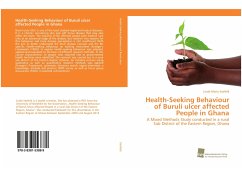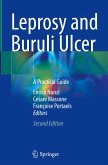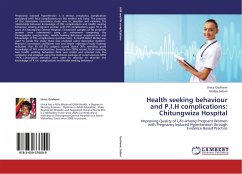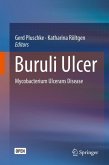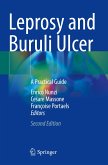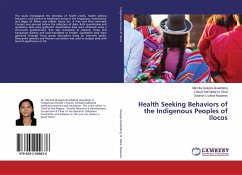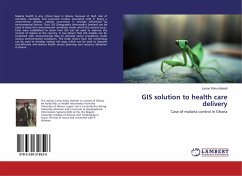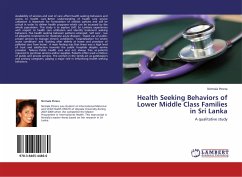Buruli ulcer (BU) is one of the least studied neglected tropical diseases. It is a chronic necrotising skin and soft tissue disease that may also affect the bone. The majority of BU affected people seek medical care only at an advanced stage of the disease, but research into reasons for this behaviour and local disease perceptions is still insufficient. With the aim to better understand the local disease concept and the BU specific health-seeking behaviour an existing instrument (Kroeger's Framework (1983)) to explain health-seeking behaviour was adapted, applied and evaluated on the basis of different research methods. In this course characteristics of people who reported late to governmental health facilities were identified. The research was carried out in a rural sub district of the Eastern Region (Ghana). An iterative process using qualitative as well as quantitative research methods was applied (Kroeger's Framework, systematic literature search, expert interviews, a knowledge, attitude and practice (KAP) survey as well as focus group discussions (FGDs) in selected communities).
Bitte wählen Sie Ihr Anliegen aus.
Rechnungen
Retourenschein anfordern
Bestellstatus
Storno

